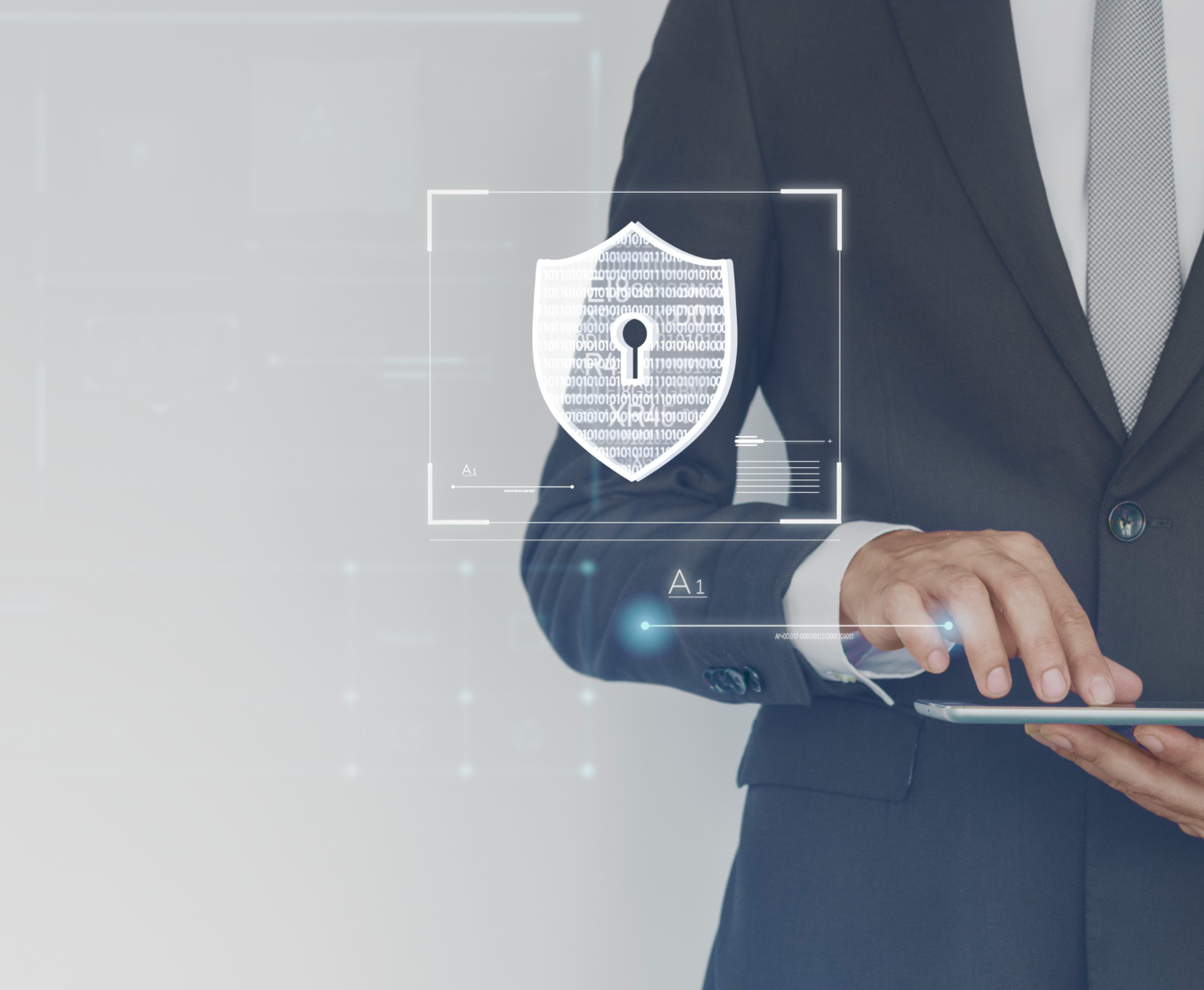WHY WEB HOSTING SECURITY IS IMPORTANT FOR YOUR SITE
Whether you run a large, international company or just use your personal website for occasional blogging, security is crucial. If it isn’t already, security ought to be the feature of web hosting that everyone values the most.
If a company’s security lapses lead to identity theft or revenue loss, it can be disastrous. As a result, it’s critical to comprehend what security features to consider and how to assess whether your host offers sufficient security.

Why is web hosting security becoming such a big issue?
Due to its accessibility, doing business is increasingly being done via the Internet. Criminals will employ a variety of strategies to obtain what they want, and the Internet is ripe for the picking.
On the Internet, there are literally billions of dollars that are exchanged, and if a thief can get their hands on these funds, they will try. This explains why security is such a big deal to customers and why it should be your top priority when selecting a host.
Which web hosting security concerns ought to be taken into account?
Fortunately, the majority of web hosts are aware of the need for strong security and are paying attention to what their clients are asking for. You might believe you are not in danger, though, if you are unsure of what to look for. There are two factors to think about. To start with, you must confirm that your web host is maintaining their servers in a secure manner. They should then give you the resources you need to guarantee that your website is safe and operational.
From whom are you shielding your website?
There are basically two categories of individuals who aim to cause damage to your website. The most frequent and dangerous is identity theft. This is the person who searches for chances to obtain data for their own benefit. This kind of criminal frequently works in covert operations. They attempt to remain undetected for an extended period in order to increase the quantity of victims they can infiltrate. Not every malicious person aims to steal something from your website.
There is a sizable subset of hackers who only want to cause trouble. If one of these hackers compromises your website, it may become severely damaged, resulting in extended downtime and lost revenue. They usually operate in a hit-and-run manner and wreak havoc for their own amusement or to show themselves that they can take down an organization. They frequently alter the page to leave “graffiti” behind, letting you know they were there.
Here are some things to think about when looking for new web hosting or assessing the security of your current host:
SSL:
Secure Sockets Layer is what SSL stands for. SSL offers an encrypted channel between the web server and the browser. When the address bar displays a locked padlock icon and the address begins with https:// rather than http://, you can determine that an SSL certificate is in use. You must have an SSL certificate if you manage an online store. It will assist in preventing the theft of consumer data. Names, addresses, credit card numbers, and other private information are usually private. Sensitive personal data collection requires an SSL certificate.
Server upkeep:
In order to minimize attacks, the web host must make sure the server maintenance is proper. Look for a published security protocol on the host; this is a good (though not a guarantee) indicator that they are keeping up with patches and upgrades.
SFTP:
You are probably familiar with FTP (File Transfer Protocol) if you have ever uploaded files to your hosting account. Your files will be published to your account once you use an FTP client to drag them to the desired upload location. The idea is the same with SFTP, but it’s more secure. The Secure File Transfer Protocol, or SFTP for short, offers an extra degree of security. Even with its relative security, FTP is not impervious. Interception and modification of files can occur with little to no warning. SFTP closes this vulnerability. Make sure you have access to this option through your web host.
Backups:
To safeguard your website in the event of an issue or catastrophe, you should perform regular backups. The control panel of most hosts has a feature that lets you create a backup of your own website. You shouldn’t depend on your host to take care of this; you should do it yourself. A host with reliable backup plans, though, is advantageous. Inquire about the host’s backup policy, frequency of backups, and backup storage location.
In Conclusion
Web hosting security is a very important factor that anyone should give high priority to when hosting a website. Just as security is a serious business in our everyday lives over our lives, properties, environment, and finances, it is of the same relevance in our cyberspace and website hosting.
A secured website will not just be free from malicious attacks and the vulnerability of hackers; it will also rank better than non-secured sites among search engines because it is one of the factors that increase search engine optimization (SEO).



